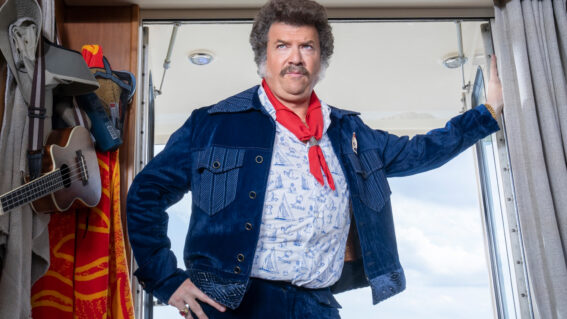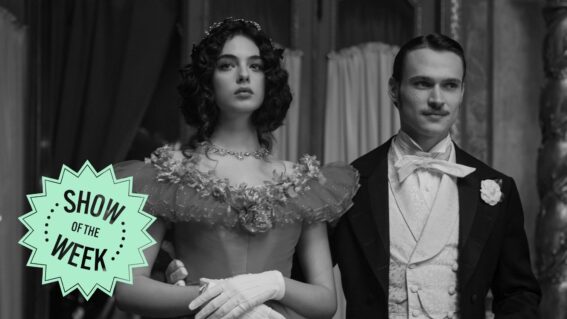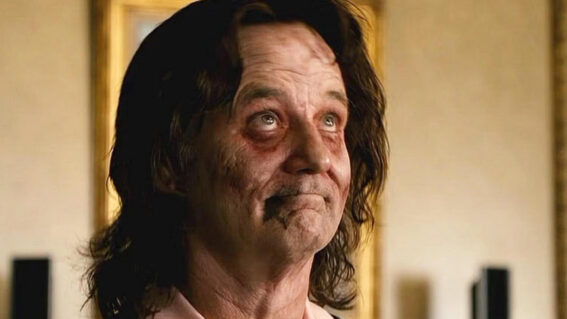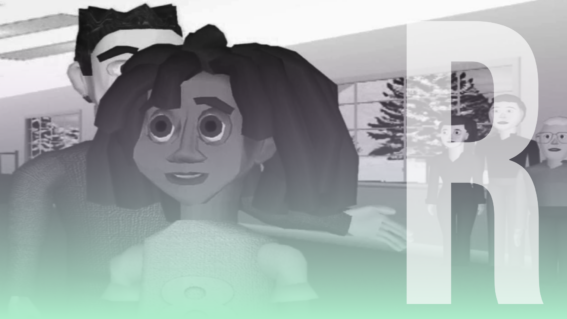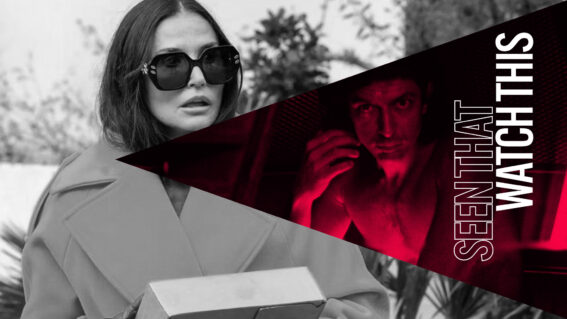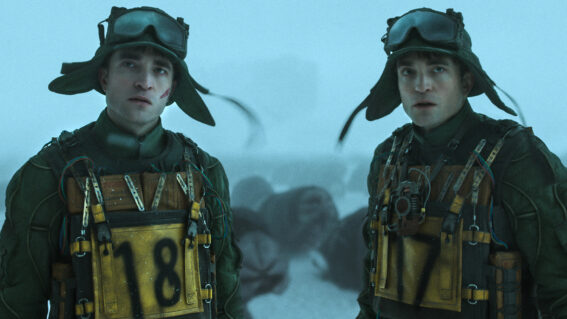2022’s so-called ‘anti-woke’ characters, from Top Gun to Tulsa King
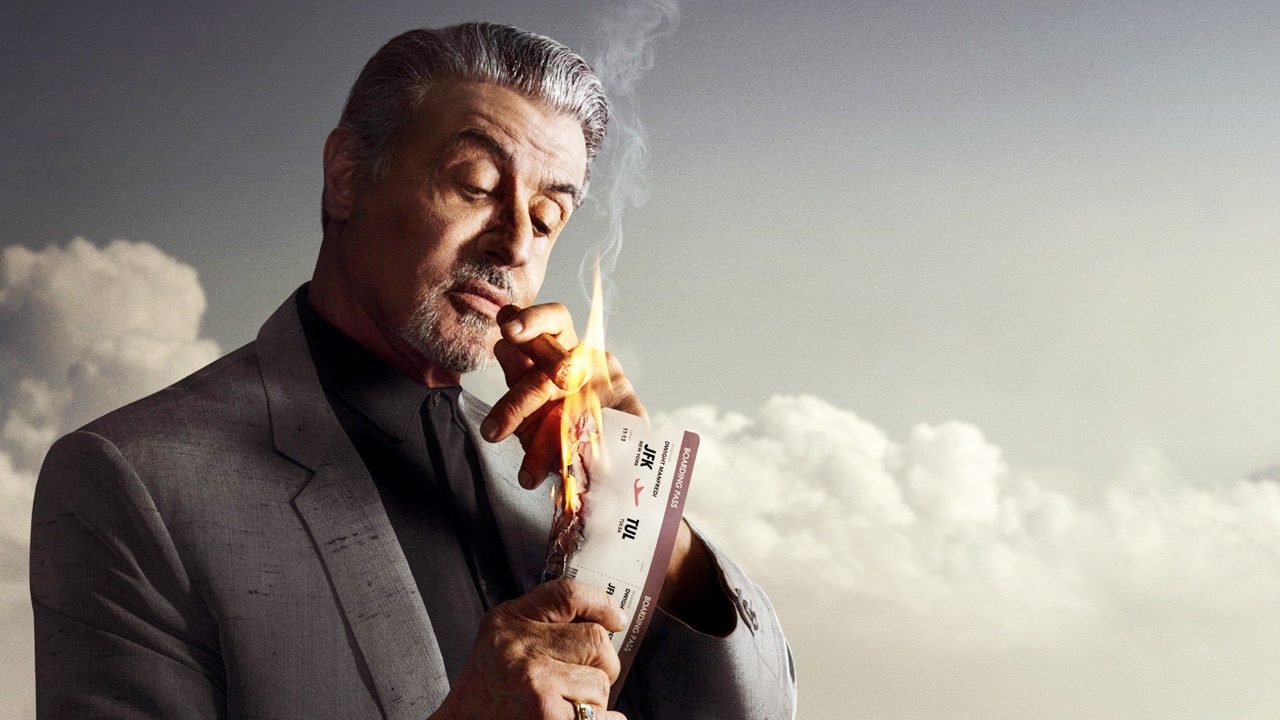
Audiences on all sides of the ‘wokeness’ debate have seemingly enjoyed the trend of conservative leading men this year, from Kevin Costner to Sly Stallone. But, as Luke Buckmaster points out, the political truth isn’t so obvious.
Sylvester Stallone isn’t exactly regarded as an eloquent raconteur, but when he speaks people sit up and listen—if only to try and understand what he’s saying. There’s something oddly endearing about that famous 3am slur, which is back in Stallone’s first foray into television, Tulsa King, starring the veteran as Mafia caporegime Dwight Manfred. Now in his mid-70s, with the kind of gravitas only time can impart, Stallone is one of those actors who feels like a relic from a bygone era, washed up on the shores of modern existence.
Creator Taylor Sheridan and his writers play into this, handing the star lines expressing bemusement about aspects of contemporary society such as Uber, legalised weed and gender pronouns. It’s hard to say if we’re seeing more of such characters, though there’s certainly been a bunch this year providing conservative-leaning counters to what rightwingers sometimes describe as Hollywood’s so-called “liberal elite.” But in an intimidatingly complex and thorny modern world, they have obvious appeal—evoking nostalgia for older and seemingly simpler times. Some of these characters, like Manfred, grumble in a “world’s gone mad” style; others are more strident.
Sheridan also created the massively popular Yellowstone, now into its fifth season, starring Kevin Costner as the corrupt and conniving ranch owner John Dutton: a monstrous character nevertheless, I suspect, unironically considered a hero by many. In season four, after being appointed to a powerful position in Montana, Dutton delivered music to the ears of hardcore conservatives, declaring in a speech: “I am the opposite of progress. I am the wall that it bashes against, and I will not be the one who breaks.” Sheridan has laughed off suggestions that Yellowstone is “the conservative show” or the “red state show,” but it’s difficult to believe he isn’t deliberately appealing to the Republican base, an awfully large section of the American population.
Characters such as Manfred and Dutton are sometimes described using a very contemporary label: “anti-woke.” Likewise for two other popular characters who’ve appeared on screens this year: Tom Cruise’s fighter pilot Pete Mitchell from Top Gun: Maverick and William Zabka’s sensei Johnny Lawrence from Cobra Kai. If “woke” means being alert to the injustices of society (and hopefully advocating something better), “anti-woke” of course is the opposite, advocating the deep conservative desire to maintain entrenched power structures. That may be the case for Dutton and Manfred, but the other two, while conservative-leaning, aren’t entirely fit—despite the attempts of rightwingers desperate to claim the characters as their own.
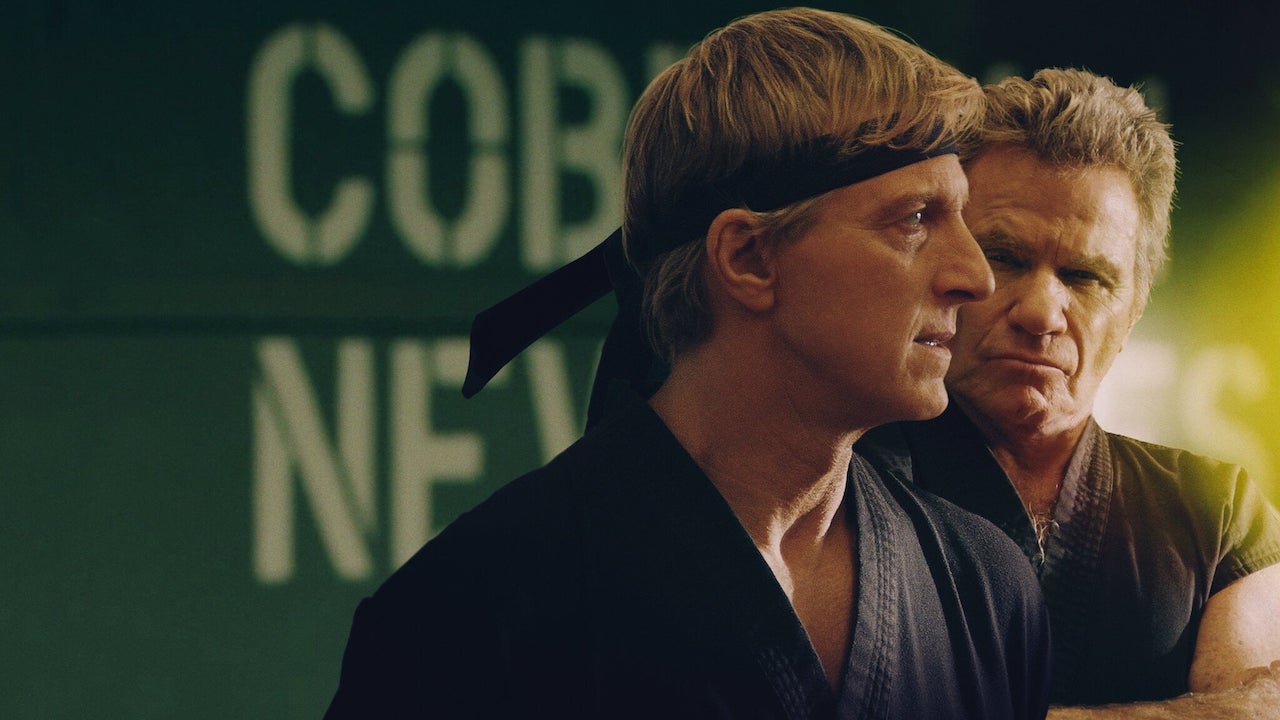
Watching characters attempting to reconcile the gap between their own mindset and an always-changing zeitgeist has evergreen appeal. Johnny Lawrence is a good example of a well-developed character audiences empathise with despite his incorrigible behaviour, and perhaps some political differences. His very first words in the show—spoken after his friendly new neighbour and future protégé Miguel (Xolo Maridueña) introduces himself—are, “great, more immigrants!” Later we hear Lawrence’s stance on asthma and peanut allergies: they are “made-up” conditions. And when a student tells him they’re on the spectrum, responds: “I don’t know what that is, but get off it.”
It’s as if Johnny Lawrence, like Dwight Manfred, has just emerged from a long stint in the slammer, living under a rock. Some rightwingers have attempted to paint Cobra Kai as “anti-woke,” one commentator claiming it “hilariously mocks the cancer that is ‘politically correct’ culture.” This argument mistakes characterisation for satire, and ignores the writers framing Lawrence as an underdog whose poor life decisions have got him nowhere: he’s middle-aged, broke, depressed and desperate.
Despite all this man’s bad behaviour we don’t hate him. Audiences understand he’s poorly educated, easily manipulated, and lacks capacity for critical thinking (like many Trump supporters). We want the best for him and hope he changes his ways. Lawrence is attracted to the ideology of conservatism, because it presents a response to the challenges of modernity. This appeals because modern life is indeed pretty bloody challenging. And the conservative movement offers easy solutions for the people it’s built for: shake your fists at the cloud; rebel against the very notion of progress; and if some pesky lefty presents annoying things such as facts, simply deny scientific knowledge and collective reasoning.
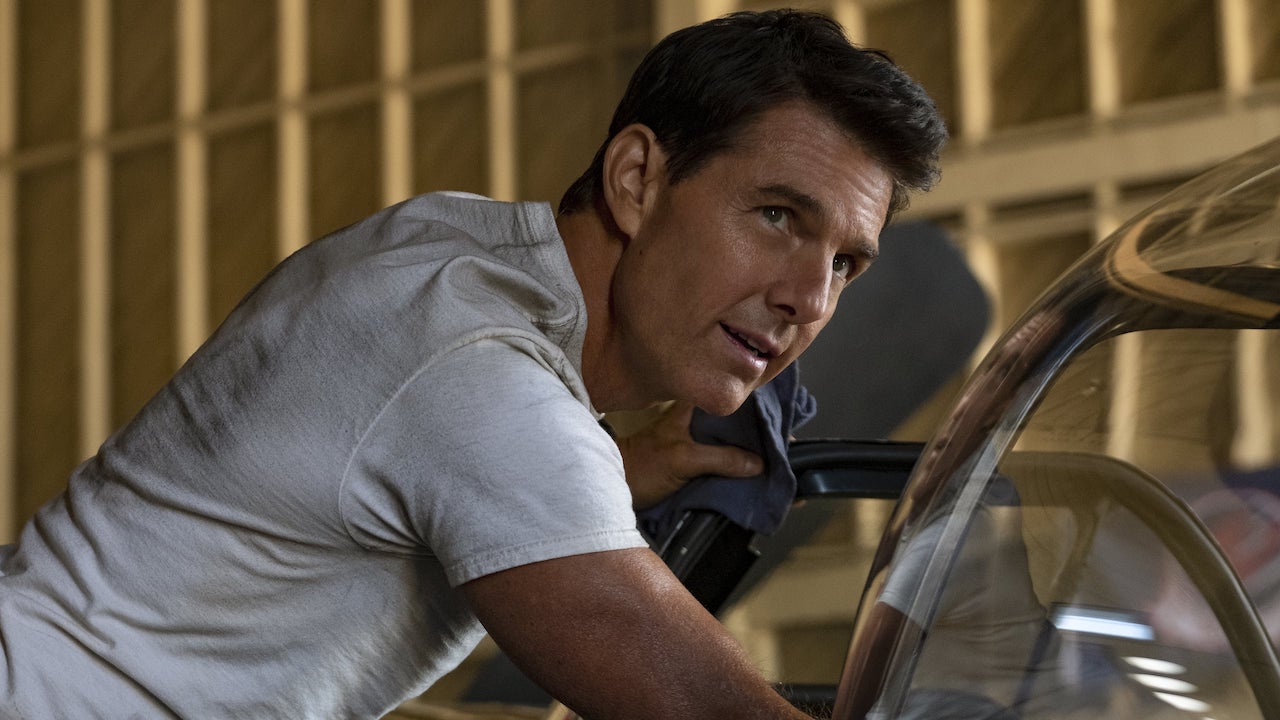
Top Gun: Maverick is another film that’s been embroiled in the culture wars. Many rightwing pundits leapt on its success as so-called proof that—to quote one of them—”Hollywood must wake up to the reality that ‘go woke, go broke’ is real.” Here the wingnuts erroneously posit that “old fashioned” and “anti-woke” are the same thing. They are not. A large part of Maverick’s appeal came from its repackaging of the 80s action movie style: i.e. loud and unironic, with huge set pieces and the return of a beloved star in Tom Cruise. It leans right in some ways (as a paean to the military-industrial complex) and certainly evoked nostalgia for simpler times. It also presented a clear hypothesis that people adamant to live in the past will one day go the way of the dodo.
In a now-famous dialogue exchange, Ed Harris’ straight-talking Rear Admiral has firm words with the hero, telling Mitchell that “the future is coming and you’re not in it.” The “end is inevitable,” he says, and “your kind is headed to extinction.” Irrespective of whether the film’s values matches your ballot paper, this scene resonates with all sides of politics. Its meaning is simple: adapt to a changing world, or consign yourself to cultural oblivion.









